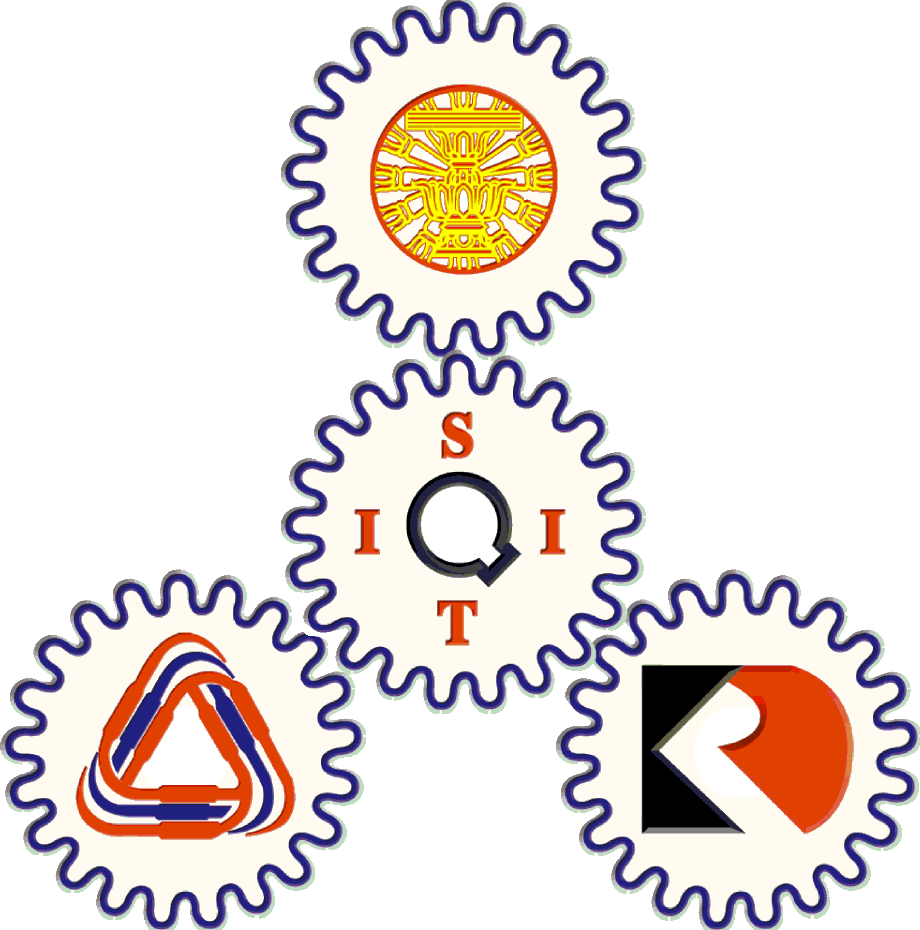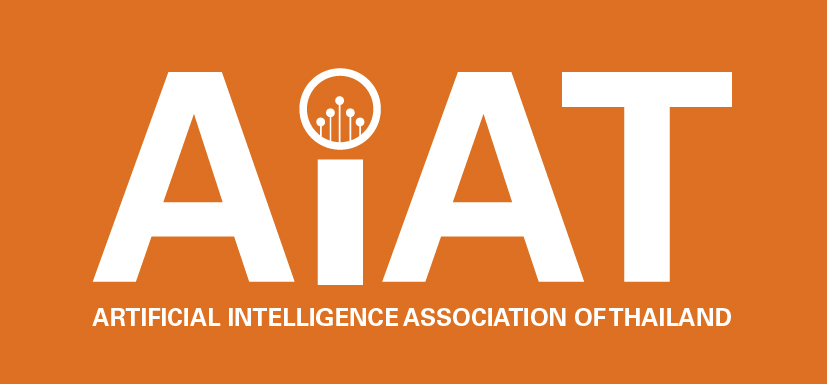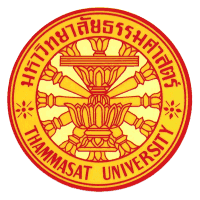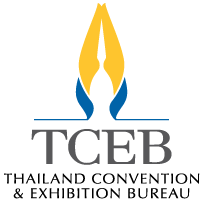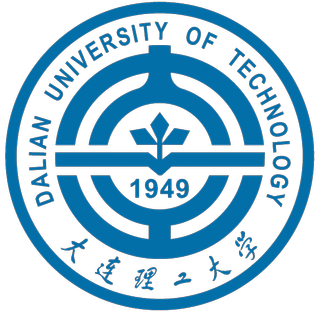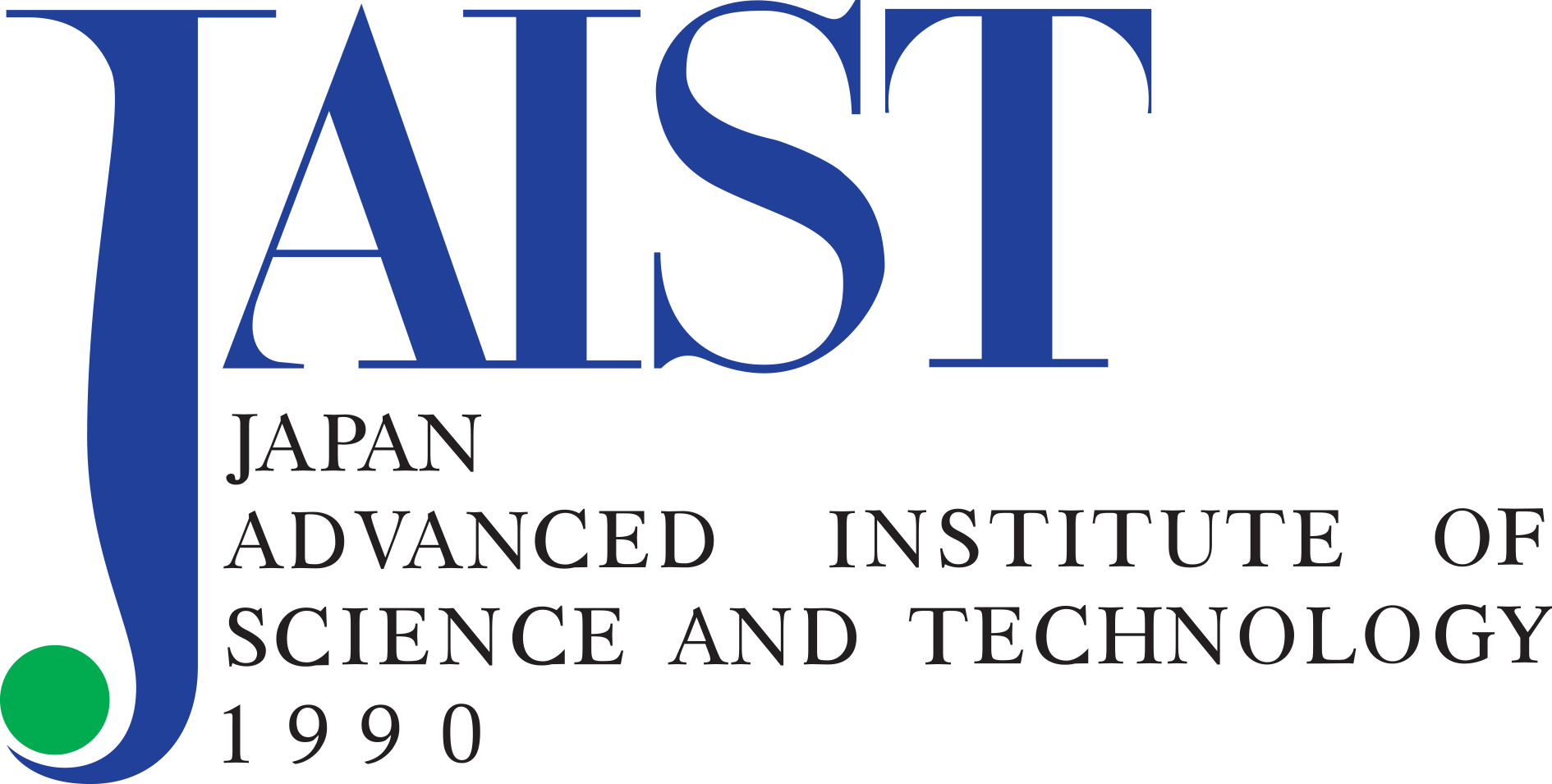Invited Speakers
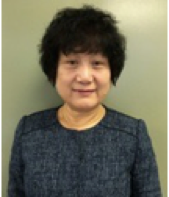
Minjie Zhang
Senior MIEEE Professor and Director of The Centre for Big Data Analytics and Intelligent Systems
School of Computing and Information Technology University of Wollongong
Phone: +61 2 4221 4745
Fax: +61 2 4221 4170
Email: minjie@uow.edu.au
Dr. Minjie Zhang received her Bachelor of Computer Science degree from Fudan University, China in 1982 and her Ph.D. degree from the University of New England, Australia in 1996. She had been employed as a lecturer in Edith Cowan University and in Newcastle University; and a senior lecturer, then an associate professor in the University of Wollongong. Currently she is a full professor in the School of Computing and Information Technology, and the Director of The Centre for Big Data Analytics and Intelligent Systems at the University of Wollongong, Australia. She is a senior member of the IEEE and IEEE Computer Society.
Dr. Zhang is a leading researcher in the field of agent and multi-agent research and has edited 14 scholarly books with Springer and 5 special issues with reputable journals. She is the author, or co-author, of over 200 research papers including 65 papers in high impact journals. Dr Zhang is the chief investigator of 2 Australia Research Council (ARC) Discovery Grants, 1 ARC Linkage Grant and 1 ARC International Linkage Award and 1 large grant from Australia Defense Department. She has been the chair/co-chair of over 25 International conferences/workshops. She is also a Senior Committee Member for the International Conference on Autonomous Agent and Multi-agent Systems (AAMAS, the world top conference in agent and multi-agent research). Her research interests include multi-agent systems and their applications in complex domains, distributed artificial intelligence, smart modeling and simulation in complex systems, data mining and knowledge discovery, service-oriented systems, agent-based grid/cloud computing, and smart grid systems.
Multi-agent Solutions for Supply-Demand Management in Smart Grid Markets
Abstract
A smart grid market is a complex and dynamic market with various participators, including energy generators, general consumers, interruptible consumers, storage consumers, or even small renewable energy producers, such as solar systems and windmills. Moreover, different participators exhibit a variety of behaviours. For instance, the behaviours of solar and wind energy producers are closely related to the weather conditions, while some interruptible consumers can contribute extra energy to supply-demand balance. Besides, the large energy generators may produce variant quantities of energy from day to day. Due to the complexity and dynamics, it is of great challenge to manage supply-demand balance in the Smart Grid market
Agent and multi-agent technologies offer potential solutions to the above challenge, by using the capabilities of intelligent modelling, management and group collaboration, in addition to the learning and self-organising abilities and autonomous decision making of individual agents. This talk will introduce our two new solutions in smart grid research, including (1) an agent-based broker model for power trading in smart grid markets; and (2) a load forecasting approach in smart grid market through customer behaviour learning.

Peter A. Gloor
Research Scientist,
MIT Center for Collective Intelligence,
Massachusetts Institute of Technology
Phone: +1 617 253 7018
Email: pgloor@mit.edu
http://cci.mit.edu/pgloor/contact.html
A Research Scientist at the Center for Collective Intelligence at MIT's Sloan School of Management where he leads a project exploring Collaborative Innovation Networks. He is also Founder and Chief Creative Officer of software company galaxyadvisors, a Honorary Professor at University of Cologne, Distinguished Visiting Professor at P. Universidad Católica de Chile and Honorary Professor at Jilin University, Changchun, China. Earlier he was a partner with Deloitte and PwC, and a manager at UBS. He got his Ph.D in computer science from the University of Zurich and was a Post-Doc at the MIT Lab for Computer Science. His most recent books are “Sociometrics and Human Relationships” and “Swarm Leadership and the Collective Mind”, both published by Emerald May 2017.
From the Age of Emperors to the Age of Empathy
Abstract
The age of imperial CEOs residing in the corner office is over, Mark Zuckerberg shares the same open office space with the rest of his Facebook employees. Today's Millennials do not want to be lead by emperors high on testosterone and authority, but by leaders high on empathy and compassion.
This talk is based on my new books “SwarmLeadership” and “Sociometrics” . “SwarmLeadership” introduces a framework based on “social quantum physics”, which explains how all living beings are connected through empathy in entanglement, and learning. To track empathy, entanglement, and learning we have developed “seven honest signals of collaboration” which can be used to measure empathy, entanglement, and learning on any level, from the global level on social media, inside the organization with e-mail, down to face-to-face entanglement using the body sensors of smartwatches. The talk will present the main concepts and the underlying algorithms and models, documenting them by numerous industry examples from our own work.
Keywords:
Social quantum physics, entanglement, empathy, learning, Collaborative Innovation Networks.
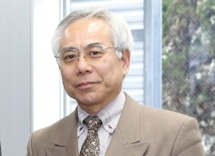
Yoshitsugu Hayashi
Professor of Chubu University, Full Membr of Club of Rome, President of WCTRS, Chubu University
Email: y-hayashi@isc.chubu.ac.jp
Phone :+81(568)51-9582
Yoshitsugu Hayashi is Professor of Chubu University as well as
Emeritus Professor, Nagoya University, Japan. He is also one of the100
Full members of "Club of Rome" which is well known by its 1st report
"The Limit to Growth" in 1972. At the same time he is President of
WCTRS (World Conference on Transport Research Society) which attracts
more than 1,300 members from 83 countries.
Yoshitsugu Hayashi's background is Civil Engineering. The
major fields of research are analysis and modelling of transport –
land use interactions and the countermeasure policy to overcome
negative impacts of urbanisation and motorisation. The results are
published in such books as "Land Use, Transport and The Environment",
"Urban Transport and the Environment - An International Perspective",
"Intercity Transport and Climate Change - Strategies for Reducing the
Carbon Footprint", the Japanese Edition of "Factor 5" originally
authored by Ernst Ulrich von Weizsaecker, et.al, etc.
An application to practice includes his proposition of rail transit
oriented urban reform to overcome Bangkok’s hyper congestion as the
leader of JICA project in mid 90’s, which became the trigger to
reverse the budget of road vs. rail from 1:99 in 90’s to 82:14 in
Transport 2020 Plan. He is also now the leader of JICA/JST research
project "e-Integrated Smart Transport to Dually Achieve CO2 Reduction
and People's Well-Being to support THAILAND 4.0".
He is also a board member of the Engineering Academy of Japan, Ex-Vice
President of JSCE (Japan Society of Civil Engineers) in charge of
Redesigning Japan to be Resilient, Leader of a Global Center of
Excellence Programme "From Earth System Science to Basic and Clinical
Environmental Studies", and Leader of "Smart Shrink" movement as a key
strategy for declining and aging cities. The results are published in
such books as "Sustainability - Future Balance between Nature and
Civilisation", "Sustainable Society after the Great East Japan
Earthquake", "Diagnosis and Prescription for China's Urbanisation -
Paradigm Change of Development and Growth", "Disaster Resilient Citie,
Concepts and Practical Examples", etc.
Quality-of-Life (QOL) based Urban Transport Planning Utilising ICT
Abstract
The main stream of this keynote speech is 1) to network the existing transport system TukTuk by ICT, 2) to evaluate the performance of network plan based on time serial profile of QOL(Quality of Life) versus CO2 emission, 4) to propose options of policies combining infrastructure improvement by visualised 3D mappings, 5) to develop big data for planning.
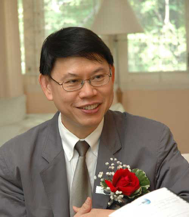
Vilas Wuwongse
University Advisor for Research and Information Technology,
Sakonnakhon Rajabhat University
Email: vilasw@gmail.com
Professor Vilas Wuwongse obtained his B.Eng and M.Eng in Control Engineering in 1977and 1979, respectively, and D.Eng in Systems Science in 1982, all from Tokyo Institute of Technology. He was a faculty member at the Asian Institute of Technology from 1982 to 2012 during which he also served as a Division Chairman and a Vice President. At present, he is an Advisor to the President for Education, Mahidol University. Prof. Wuwongse has chaired or co-chaired a number of international conferences and is serving as an editorial board member of international and national academic journals. His current research interests include linked data, metadata, e-Learning, e-Research and research management. Prof. Wuwongse is now developing a set of metadata for e-Research and research management. The metadata set includes VIVO-based researcher profiles and metadata for research proposals, research proposal evaluation, progress reports, final reports as well as research data. It will support both the researchers and research funding organizations. Based on the metadata set, an open-source software system called Linked OpenScholar, an extension Harvard University's OpenScholar, has been developed and will be put into real use. In addition, Prof. Wuwongse has led a team to design and implement one the largest and most complicated information systems for the Thai Revenue Department. The system has been used for more than 10 years and is still active. He has published over 150 academic papers in journals and conferences and is currently interested in applicable research, particularly in the development of practical, open information systems for academic and research management.
Open Research Data and Research Support Systems
Abstract
"Research for the sake of research" is a phrase often used to criticize researches that do not lead to immediate applications in the real world. One way to overcome this criticism is to publish and share not only the end research results but also the data and evidences that produce them. As a matter of fact, a number of funding agencies, e.g., the National Science Foundation, have required researchers to attach to their research proposals to be considered for funding few pages of research data management plans. Four of the UK's leading research organisations, i.e., Higher Education Funding Council for England, Research Councils UK, Universities UK, and Wellcome Trust, have launched a concordat that will help to ensure that research data gathered and generated by members of the UK research community is made openly available for use by others wherever possible. They believe that open research data has the potential to deliver significant benefits to research and to wider society. This talk will demonstrate how open research data could be expressed by a standard representation language that can also describe other components of research activities, leading to a model for research support systems.

